It’s been twenty years since the terrorist attacks of September 11, 2001. Conventional wisdom holds that the tragic events changed the United States—and the world. But what about our personal, private worlds? Here, PVG contributors reflect on how they were personally affected by 9/11, and how their thinking about the global impact of 9/11 has changed over the last 20 years.

Looking back now, I am struck by the many twists and turns the US government has taken in its approach to its allies since that day, and by the many squandered opportunities. Everyone knows the history: How NATO invoked Article 5 for the first time in its 50-year history and sent AWACS aircrafts to monitor US skies. And how the Bush administration initially worked to keep NATO out of Afghanistan only for Rumsfeld later to do a complete about-face and ask for NATO’s help when things there got bad. Yes, NATO’s record in Afghanistan is, at best, mixed. But our allies showed up, and many bled alongside Americans. Among the many tragic lessons learned over the past two decades, a critical one to me is this: don’t take your allies for granted. You may need them, and sooner than you think.

Over the last 20 years, the main evolution in my thinking has been in terms of a recognition of the increasingly tenuous link drawn between foreign policy actions and the justification that they are needed to prevent the next 9/11. This narrative felt wrong (and was wrong) when used in 2002 to prepare us for an invasion of Iraq, and felt weak when it was used to justify continued military presence in Afghanistan after the mid-2000s. Both of those deployments made it easier for other states to justify their own uses of force to defend against external threats (e.g., escalations in force by Russia in Chechnya or the Sri Lankan government against Tamils). Similarly, the continued imprisonment of militants in Guantanamo leaves the door open for many foreign governments to justify the detention of opponents in facilities under their own control, including Uighurs in Xinjiang, China. This has prompted me to begin working with Daniel Solomon (Georgetown University) and Rachel Van Nostrand (University of Arizona) on a project cataloging government use of concentration camps of these kinds.
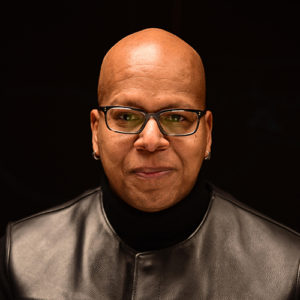
First, I would like to suggest that even after 20 years, popular understanding of why the attack was undertaken is limited. Most would move to the specific plotters involved, some would link back to al Qaeda and some would parrot the oft-stated comment that the United States was hated for its “freedoms.” What we have not seen, however, is a detailed discussion regarding why the US was targeted. I believe that any honest discussion of this topic would involve a detailed evaluation of how the military and police of this nation have been used largely against (not for) human rights around the globe. There is really no way to read the events detailed in Daniel Yeargin’s The Prize or David Vine’s The United States of War without gaining a better understanding of the seething hatred that has been generated by actions of the United States abroad—by individuals, groups, and governments alike. Indeed, the question really emerges as to why (given this history) more attacks against the United States have not taken place.
Second, and related, I would note that the effects of 9/11 on global human rights violations have been significant. Since the end of the Cold War there has really been no other unifying force like the global “war against terror” other than the global “war against drugs”—both led by the United States. Questions emerge from viewing these two phenomena: e.g., how effective have these wars been at the vaguely defined outcomes of ending terror and ending drugs (i.e., transportation/use)? What other outcomes have these wars led to? Have these wars ended and can they end? And finally, at what cost were these wars fought and were there any other interests more worthy of investment, time, and attention (e.g., poverty alleviation or confronting environmental devastation)? Of course, once you consider these questions, it becomes clear that there was no open discussion of alternative outcomes and paths at the time and frankly, in the midst of a discussion about the United States’ return to interacting with the world, it does not seem that this conversation is coming any time soon. But, perhaps Americans should just start one themselves and not wait for the government to do it.
Lastly, on the broad theme of accountability, I would like to suggest that the lack of prosecution for the bigger lie regarding the reasons for invading Iraq revealed several things at once that have not really been addressed but caused significant damage: 1) it revealed that the military-industrial complex (noted by President Harry Truman as well as Angela Davis) still exerts amazing influence over what the United States does abroad; 2) it shows that the rush to “support the troops” largely eliminates a deeper conversation of what the United States should be in the world, as well as how this should be achieved; and 3) like the lack of prosecution following the financial crisis of 2007–2008, it reveals that elites within the United States who engage in immoral as well as potentially illegal behavior are not held accountable. This is damaging. Indeed, if one wonders why American perceptions of efficacy, trust and participation in government are low, they would be well served to look at this important event following 9/11.
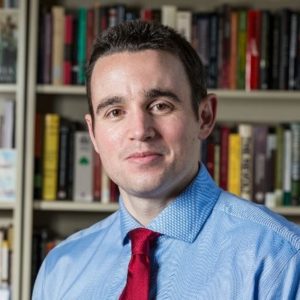
I have learned a great deal in the last 20 years of studying political violence. Today, I am both less fearful of attacks from abroad and more fearful of violence here at home. 9/11 remains the deadliest terrorist attack in history, but I can’t help but think that, as difficult as the struggle against al Qaeda and transnational jihadis has been (and it’s not over), the struggle that America now faces at home is far more challenging. As I’ve learned from studying political violence across the globe, it is far easier for a society to define, combat, and prosecute a struggle against terror from “them,” and far more difficult to do so among “us,” especially when the “us” is as polarized as America is today. I hope our government and society can learn from the successes and failures of the struggle against political violence abroad as it faces the increasing threat of radicalization at home.

In terms of US policy over the past 20 years, I am struck by how far the rhetorical pendulum has swung from the extremes of invasion to isolation. I think a lesson that we are gradually learning over time is just how diverse and, at times, useful the options are that exist in between these extremes. These policies that include conditional aid and other light-touch interventions are often used by the international community—typically even in partnership with those in fragile states—but they are less widely discussed as central to broader strategy. In many cases, they can help head off crises such as renewed fighting in post-conflict contexts, improving the lives of those in difficult contexts and reducing transnational risks for us all.
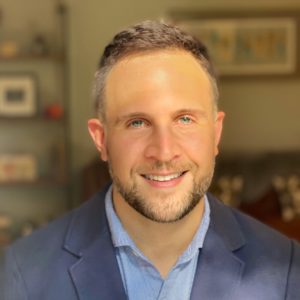
For years, my understanding of 9/11 was relatively simplistic. It was a terrible act by bad people who hated the United States, and we obviously had to respond. But now, I can’t separate 9/11 from the decades of warfare and upheaval and loss that followed. It launched a fundamental transformation of international politics with no winners. Interestingly, it was not the attack that caused this, but America’s reaction to it. And with US troops now finally leaving Afghanistan, my hope is that we continue to remember 9/11 and those we lost while we finally overcome its political influence.
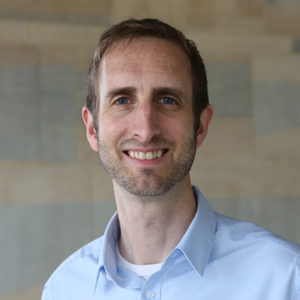
My prediction was wrong for a few reasons. First, I was briefly recalled into the Marines. It was January 2003, a few months before the invasion of Iraq. But I didn’t deploy. At a reserve station in Ohio, a Marine Captain told a group of us that this would probably be like the 1990–1991 Iraq war—led by air, and finished fast. He explained that only Arab linguists and logistics personnel would be recalled for an extended time. They wouldn’t need much infantry, he said. Second, my prediction that the only US response would be airstrikes turned out to be quite wrong as well. The Captain’s prediction of a short war, which was consistent with the view of many politicians and analysts, didn’t fare much better. Regime change shifted to counterinsurgency, waged in countries around the globe. These wars have affected millions of people.
Back in the ivory tower, the 9/11 attacks and subsequent wars also spurred massive amounts of research. There haven’t been many other single-day events, especially perpetrated by non-state actors, that have affected the world so profoundly. Hopefully we can prevent such events in the future—and if they do happen, better understand their likely consequences.
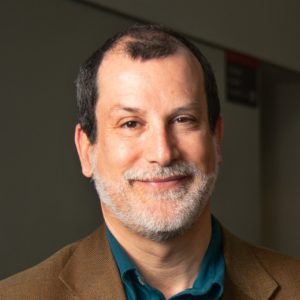
My immediate reaction was that the US is now at war. Since then, I realized that this was both true and false. It was true in the sense that politicians were far more willing to engage in foreign operations that might produce casualties, but it is false in that the rest of the population was not so engaged in the various interventions. I also moved from having a bit more faith in the efficacy of force, to being quite skeptical about what force can accomplish. Watching the Afghan government fall in recent weeks has reminded me that it is far easier to break things than build things. I have also become very frustrated—the attacks created a moment of national and global unity that was ultimately wasted. Wasted on an ill-conceived and poorly implemented war in Iraq. That energy and support for the US could have produced something positive, something enduring. Instead, it led to two forever wars which are not ending even if they are mostly ending for Americans.
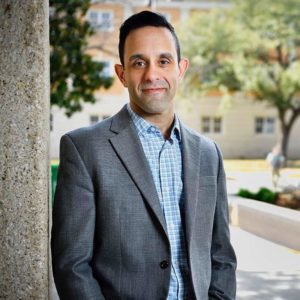
People are beginning to appreciate that terrorism and extremism are not unique to Islam or Middle Easterners. The growing threat of white supremacist attacks, the expansion of far-right groups, and the storming of the US Capitol by pro-Trump fanatics, demonstrate that politically motivated violence is not unique to people from the Middle East. Yet, academics, policymakers, and the general public have been slow to awaken to the fact that the biggest threat to democracy in the United States and Europe is not foreign radicals, but home-grown extremists. Even a cursory look through leading journals of international relations and conflict studies reveals that research on terrorism has overwhelmingly focused on jihadist groups, while failing to understand how other ideological currents have bred hatred and violence. This bias is also reflected in counterterrorism policies. Trillions of dollars have been spent on devastating wars in Afghanistan, Iraq, and elsewhere, not to mention the resources used on the surveillance and suppression of Muslims in the West. Islamist terrorism is certainly a global threat that must be dealt with, but a more balanced and even-handed approach to countering violent extremism—in its many forms—is essential for fostering a culture of peace and understanding.

In a real sense, then, 9/11 shaped my career. I know I am far from alone in that. But two decades of studying political violence since then has led to the belief that many of the state responses to terrorism that so many of us study should never have occurred. Terrorism is a tactic, not a characteristic one can or should apply to groups or people. It’s designed to elicit a response that will be detrimental to the state targeted. It is, by design, extraordinarily difficult to respond in a way favorable to the targeted state, and states should avoid responding whenever possible. Rather, political, social, economic, and military decisions should be made prior to terrorism in such a way as to reduce others’ capacity and incentives to commit terrorism, as well as others’ desire to support those who commit terrorism.
Watching public responses to the latest attack by ISIS, however, makes me fear we are far from learning that lesson.
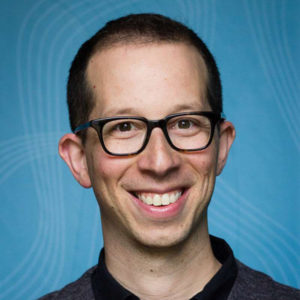
It’s natural to trivialize the important, to reduce the complexity of paradigm-altering events in ways that allow us to process them. But it quickly became clear to me—an 18-year-old without any training in political science—that 9/11 would prompt important changes in international politics. Because I was thinking as a philosophy student, in the days following the attack, as more information became available, I envisioned how the attacks would affect our perceptions of “the other,” how minorities in the US might find themselves scapegoated, how the attacks might signal a frontal challenge to so-called “Enlightenment values.” Three and a half years later, I would write a senior thesis on 9/11 that tackled some of these issues and that represented my first “turn” towards comparative politics and international relations.
How much has my thinking changed in the last 20 years? If the attack had occurred today, and the decision to invade Afghanistan was made tomorrow, would I once again protest against the invasion in the streets of New York? I remain skeptical about the use of force, especially in the shadow of the long, unsuccessful occupations of Afghanistan and Iraq. I remain opposed to policies that restrict human rights and freedom at home, just like those undertaken by the Bush administration in 9/11’s aftermath. But I am more likely to discount the idea that public officials sought to dupe the American public, and more likely to attribute policy failures to poor intelligence, bureaucratic infighting, and hubris. These pathologies produced spectacularly bad decisions, to be sure, from which we have not yet recovered.
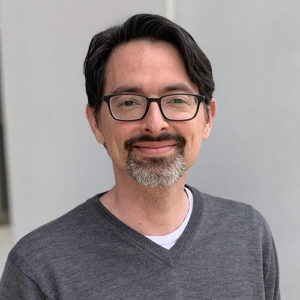
The impact of 9/11 was dramatic for me and the country as a whole. Personally, it changed my career and trajectory. For the country, it led to massive governmental reorganization and policy changes. Some I agreed with, some I vehemently did not. But what happened after 9/11 was a broad bipartisan consensus that the US needed to deal with security threats from non-state violent groups. Again, while we can debate actions like invading Iraq and interrogation policies during the “war on terror,” what was amazing was this general agreement. Imagine if we had a similar consensus around COVID-19, and we re-organized government and spent trillions of dollars to combat it.
US policy sometimes swings like a pendulum. We went from the 1990s, when we worried about a potential threat of a rising China or a resurgent Russia, to, in the 2000s, fears over al Qaeda and later ISIS. What we don’t often do very well is prioritize threats in reasonable ways and juggle all of the challenges well at the same time. We should have had more resources directed at combatting al Qaeda in the 1990s and fewer resources in the 2000s. We should be worried about climate change, domestic internal violence, and cyber espionage, while also keeping an eye on the remnants of ISIS, violence in Ethiopia, and other threats to global security. This balanced approach to threat management, of course, is obvious in hindsight but it’s important to bring up prior to a big event where politicians argue we need to focus on that event to the detriment of other threats.
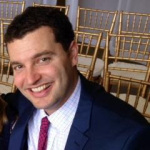
I now realize this view was wrong for two reasons. First, I think we continue to underestimate the extraordinary costs of the American-led wars in Iraq and Afghanistan borne by ordinary Iraqis and Afghans. Our wars brought large refugee flows, civil wars, high casualties, and huge amounts of destruction for the nebulous policy goal of denying terrorists a “safe haven,” as well as hand-waving about democracy promotion and freedom. Only much later did I realize how much the war on terror transformed American politics for the worse. Systematized torture and human rights abuses. The creation of a massive domestic surveillance state. Spawning far-right extremists. The rise of anti-immigrant politics, and fights over who are “real Americans.” These are just a few of the domestic legacies of our response to 9/11.

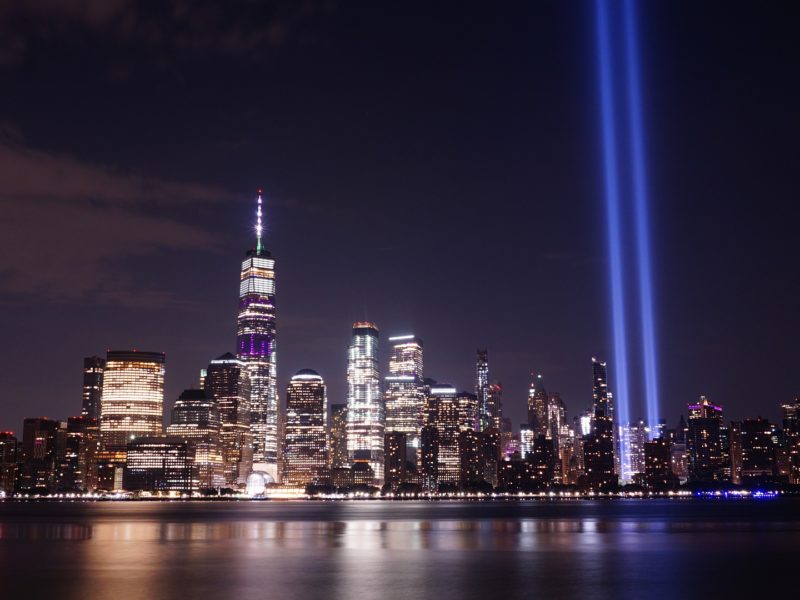
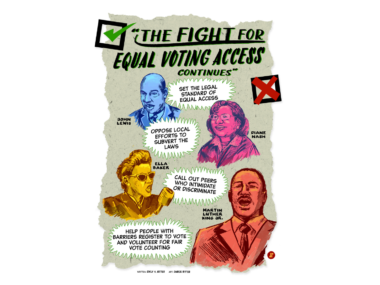
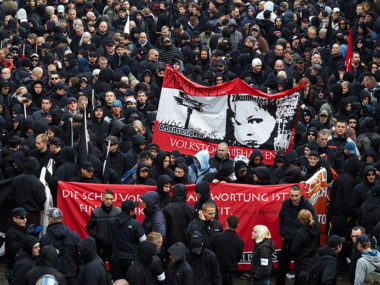
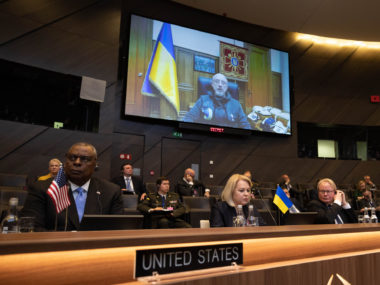
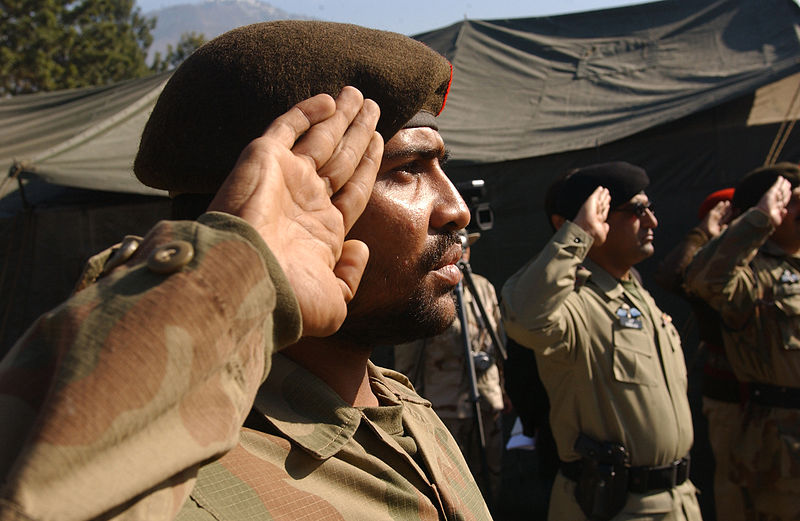

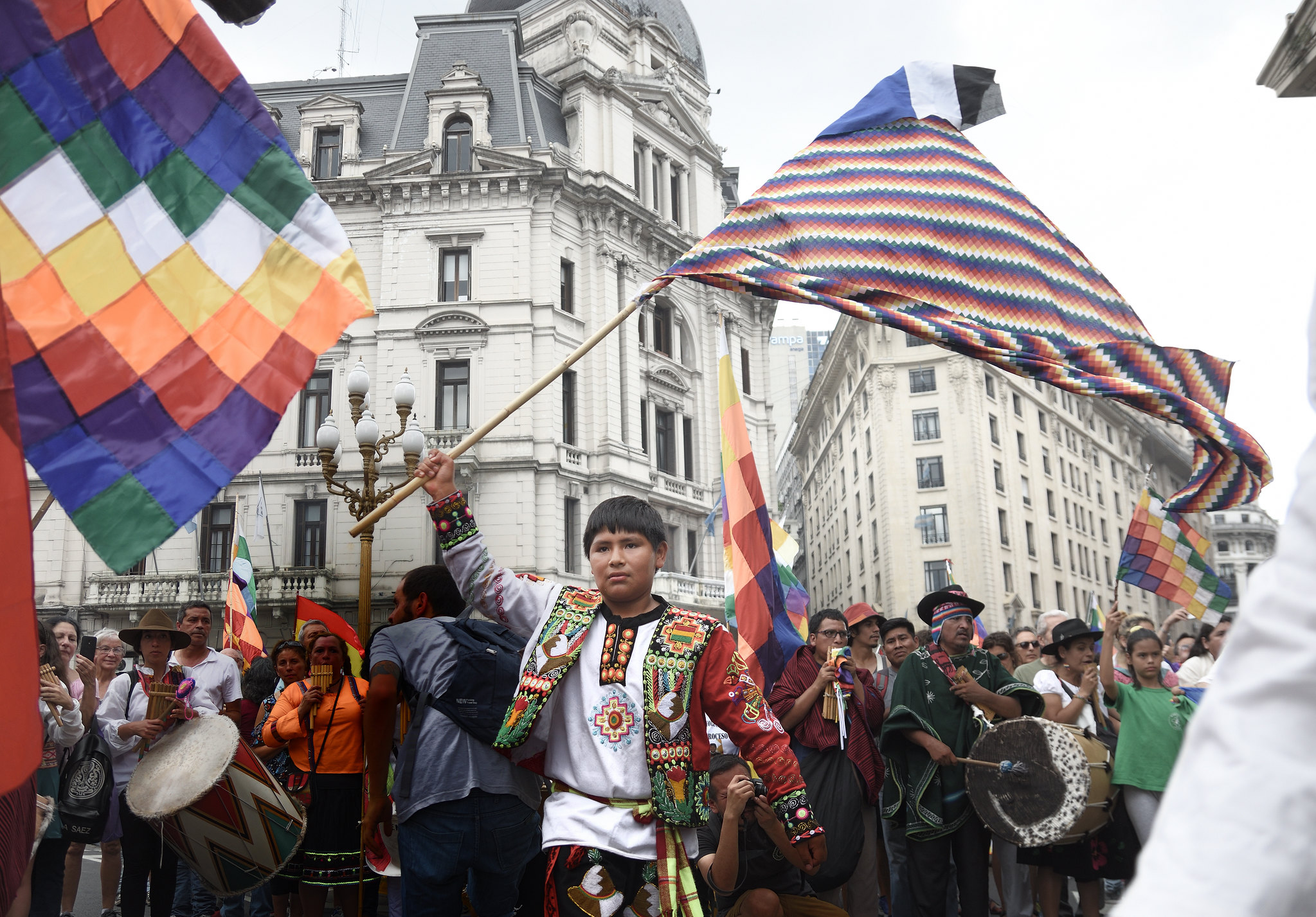
1 comment
It’s amazing that the quotes here seem to uniformly condemn the wars that resulted from 9/11 and condemn the political jawboning that used 9/11 as an excuse to attack nations that hadn’t attacked us, but don’t look at the event itself. The physical facts of the collapsing buildings at the World Trade Center on 9/11 (three symmetrical collapses in spite of asymmetrical damage, collapses at–or quite near–free fall speed, and smaller pieces of the Twin Towers above the crash sites falling and crushing the larger and undamaged parts of the buildings below the crashes) make it clear that 9/11 was an inside job. If one wants to study political violence then it’s time to look up.